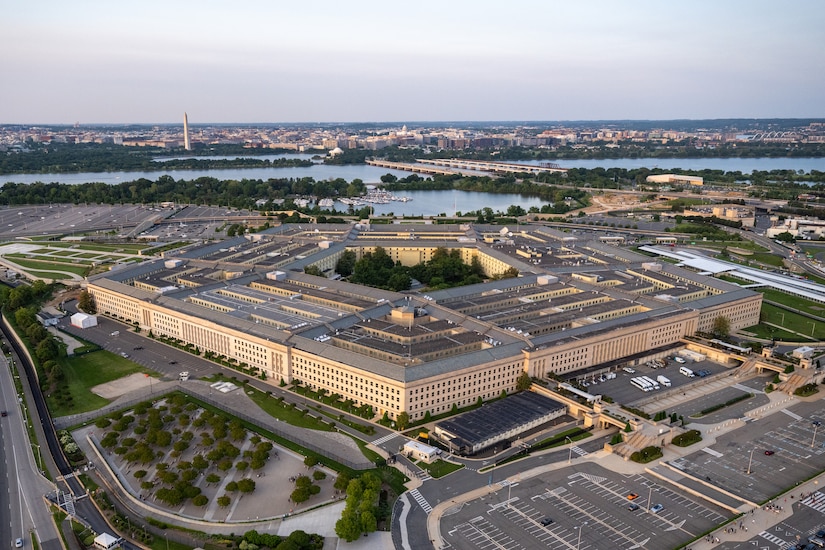U.S. forces conducted a series of strikes today against Iran-backed militant groups in Iraq and Syria in response to last weekend’s attack in Jordan that killed three U.S. soldiers.
The strikes, which were carried out by U.S. Central Command forces, included more than 85 targets across seven facilities used by groups affiliated with Iran’s Islamic Revolutionary Guard Corps’ Quds Force.
Those targets included command and control centers, intelligence facilities and weapons storage facilities used by the Iran-backed militias to attack U.S. and coalition forces.
President Joe Biden said in a statement that the strikes were the first in a series of actions by the U.S. in response to the attack in Jordan.
“Our response began today,” he said. “It will continue at times and places of our choosing.”
“The United States does not seek conflict in the Middle East or anywhere else in the world,” he said. “But let all those who might seek to do us harm know this: If you harm an American, we will respond.”
Secretary of Defense Lloyd J. Austin III echoed the president’s resolve to hold the Iran-backed groups accountable.
“This is the start of our response,” Austin said.
“The president has directed additional actions to hold the IRGC and affiliated militias accountable for their attacks on U.S. and coalition forces,” he said. “These will unfold at times and places of our choosing.”
He added that, while the U.S. does not seek conflict in the region, “the president and I will not tolerate attacks on American forces.”
Today’s strikes were announced just hours after Biden and Austin attended the dignified transfer in Dover, Delaware, of the remains of the three soldiers killed in last weekend’s attack — Army Sgts. William J. Rivers, Kennedy L. Sanders and Breonna A. Moffett.
National security officials said the facilities targeted in today’s strikes were carefully selected to avoid civilian casualties and were based on clear evidence that they were connected to attacks on U.S. personnel.
“The Department of Defense is in the early stages of battle damage assessment, but we believe that the strikes were successful,” said John Kirby, National Security Council coordinator for strategic communications, during a briefing following the strikes.
Army Lt. Gen. Douglas A. Sims II, director of operations for the Joint Staff, said today’s strikes employed multiple aircraft, including B-1 Lancers that flew from bases in the U.S.
“This has been in the planning since we were asked to look at it,” Sims said, adding that weather played a factor in the timing of the strikes.
“Good weather presented itself today and, as a result, this took place,” he said.
Kirby said the president was kept informed throughout the afternoon.
“As President Biden has made clear, we will not hesitate to defend our people and hold responsible all those who harm Americans at a time and place of our choosing,” Kirby said. “That began tonight—but it will not end tonight.”









